“Why can’t we just have a nice quiet dinner at home?”
“All my friends are coming to the party. It will be fun.”
“It’s never fun for me with you morons…”
“It could be, if you weren’t such a b*t%$ all the time”
And just like that, a simple conversation about dinner has spiraled into a toxic session of name-calling. Sadly, this isn’t a once-in-a-blue-moon scenario either. Name-calling in relationships is perhaps the most common yet the least discussed problem of modern love.
What Is Name-Calling?
Table of Contents
Name-calling is when you use words not to connect but to hurt the other person. Anything from insults and abuses to jibes at the person’s physical attributes is name-calling. Even stigmatizing a person for an occasional failure or mishap is a form of name-calling.
Some people use it to emotionally hurt the victim and attack their self-esteem. For others, it is harmless fun. In healthy relationships, it’s usually the latter. But here’s the thing about name-calling and insults in relationships: you never know which barb will hit deep.
Once a relationship gets stuck in the toxic marsh of name-calling, the entire dynamic turns sour. You find yourself resorting to it during relationship arguments, and things only get worse from there. Soon enough, name-calling becomes the staple for most conversations.
Examples Of Name-Calling In Relationships
I am sure most of you will agree that name-calling is bad in a relationship. Yet, you might be doing it on a regular basis without realizing it. I have seen it happen often enough in my friend circle and family.
My uncle has a habit of never using a person’s name to address them. He believes in home-brewing unique titles for all family members. It’s a way to show his love for us. My title – thanks to my buck teeth – is ‘Bugs Bunny’. Most of my family is used to the names by now. But on bad days, my uncle is often at the receiving end of a lot of anger. Usually, from his wife for calling her the wrong kind of names at the wrong kind of places.
It’s perfectly understandable. For some people, it can be difficult to separate fun, endearing banter from hurtful, passive-aggressive insults, leading to tell-tale signs of bad communication in the relationship. Take a look at the following examples:
“Oh my god, why are you so annoying!?”
“You’re such a cheapskate!”
“You’re disgusting!”
“What a pathetic loser, you are!”
“You’re SO dumb!”
Now, which of the above seem particularly nasty, and which ones seem completely harmless to you? Be sure to ask your partner as well. There’s a fair chance, they might have a different take on it.
Related Reading: 9 Signs Of Lack Of Empathy In Relationships And 6 Ways To Cope With It
11 Ways Name-Calling In Relationships Damages Them
Martin Teicher, Psychologist at Harvard Medical School, has theorized that young adults who experience verbal abuse during childhood run a high risk of developing psychiatric symptoms later in life. The study suggested that repeated insults in peer groups can lead to depression, anxiety, and even dissociation. Repeated name-calling and insults in relationships can have similar consequences.
When verbal abuse comes from the most important people in your life, its effect is magnified. Name-calling in relationships is hazardous not only to the couple’s dynamic but also to their individual mental health. Let’s find out how does name-calling affect a relationship:
1. Name-calling triggers insecurities
This one is a given. The whole concept of name-calling is based on targeting the victim’s insecurities. In romantic relationships, however, the effect is much more potent. Your partner is the one person acquainted with your deepest insecurities. So when they resort to name-calling, the pain is naturally that much sharper.

There will be times when you guys will fight and say not-so-sweet things to each other. But it is important to keep each other’s most vulnerable aspects out of reach. So even when you get really really mad at your partner, remember to avoid broaching topics they have only trusted you with.
2. It shows a lack of respect
Love might be everlasting but it does ebb and flow in a long-term relationship. There are days when your partner drives you crazy and it’s just impossible to keep showering them with love. The one factor that keeps you going on such days is respect in a relationship. Respect for the kind of human your better half is. Respect for their care and sacrifices. If this respect dies out, the relationship is as good as over.
Name-calling can be extremely detrimental to the mutual respect between a couple. Even if it happens in the heat of the moment, the effects of name-calling in relationships can be profound. It can make your partner feel unloved and disrespected at the same time.
Related Reading: 21 Signs Of Lack Of Respect In A Relationship
3. It can easily escalate
Josh and Riley, close friends of mine, are two of the sweetest persons I have ever come across. Riley, however, has a tendency to jokingly call names. She does this within her close circles only, and it has never caused any problems. Doing it in a romantic relationship, evidently, is a different matter altogether.
She once called Josh a loser in front of all of us over his choice of music and that got him riled up in a way we’d never seen before. He yelled at Riley in response, stormed out, and switched off this phone.
At no point in this situation was there a need to call names, and yet, that’s exactly what happened. Once the name-calling starts, you just know there is no coming back from it. It doesn’t take much to trigger name-calling and it takes even less to escalate it.
4. It puts the other person in defensive mode
Name-calling drives a wedge between people. Even done jokingly, name-calling can lead to resentment in the relationship and a sense of grudge in the psyche of the victim. When you address someone – especially your partner – in derogatory terms, they instinctively get defensive about their insecurities and self-worth. Once put into such a position, it can be very difficult to connect with them.

5. Name-calling does emotional damage
When fighting with a loved one, it is natural for a person to be emotionally vulnerable. Calling them names at such a delicate time hurts deeply. It can leave the person at the receiving end feeling as if their emotional needs in the relationship are not being met. Name-calling in relationships can cause acute emotional damage and even mental trauma. That’s a terrible price to pay for winning an argument.
6. It is a conversation killer
The moment you throw an insulting term toward your partner, the conversation – no matter how important – is over. You might continue speaking after that and your partner might even respond, but their hearts are closed. Nothing you say from that point on will have its intended effect. It doesn’t matter how rational or understanding you try to be later, you have already lost your audience.
7. It hurts the speaker as well as the listener
Name-calling elicits more negative emotions within the speaker than the listener. You don’t realize the harmful emotions brewing inside you when you engage in name-calling. But in time, those pent-up emotions will hurt you. And the guilt that is bound to follow will only aggravate the pain. Name-calling in relationships is a double-edged sword. Use it or face it, you will pay the price in either case.
8. It creates self-doubt
When you call your partner names like ‘smelly loser’ or ‘clown face’, it sticks in their psyche. They might seem immune to it, but they think back on it when alone. Your name-calling puts them in a regressive cycle of self-doubt: “Do I really smell bad?” “Am I unattractive?”
Self-doubt can take many forms. Some feel they are not smart enough or popular enough. To others, it makes them question their way of life or financial status. Whatever the form, self-doubt is terribly corrosive to the relationship as well as the mental health of the individuals involved.
Related Reading: Gaslighting In Relationships – 7 Expert Tips To Identify And 5 Ways To End It
9. Name-calling destroys trust
There’s no greater breach of trust than using someone’s innermost vulnerabilities against them. That’s exactly why name-calling in a relationship is a form of betrayal. When two people are in a relationship, they open up their most vulnerable selves to each other.
The sharing comes with an implicit trust that both will protect each other’s vulnerability. So when you call your partner names and attack their vulnerable side, you are breaking their trust. It can be very difficult to repair a relationship once the trust issues begin to fester.
10. It aims to dominate
Name-calling is bullying. Plain and simple. People who engage in name-calling in their relationships have a need to dominate their partner. They put down the other person through insults and verbal abuse to caress their own insecurities. The worst part of it is that the victim ends up becoming more and more dependent on the bully’s approval.
Attacking a person’s emotional frailties is as bad as physical abuse. Even if it doesn’t show, name-calling leaves mental scars that can last a lifetime.
11. Nothing good ever comes out of it…Ever!
Fights and arguments are inevitable in any relationship. An occasional lover’s spat and some argument can be healthy for the relationship, provided that it eventually ends. Proper closure of an argument is as important as the reason for it. There is absolutely no scenario where name-calling can solve an argument. If anything, it can make it worse.
Take the example of Amanda and Steve. The bickering in their relationship took a dangerous turn when Amanda hurled the choicest abuses at Steve in a fit of anger, who responded by smashing her laptop to bits and lunging forward to almost hit her. This is what resorting to name-calling to vent out your anger does. It will lead your partner to either insult you back or stop talking altogether. Neither of them does any good to the argument at hand or the relationship in general.
Now that you know how does name-calling affect a relationship, let’s talk about how to deal with it. In a healthy relationship, name-calling is almost always unintentional. And the strategy to resolve it is fairly simple: Do NOT be pithy. Do NOT speak to the point. Use all the words at your disposal to express your feelings. Speak your heart out and encourage your partner to do the same.
The reasoning behind this advice is straightforward: The more you speak about what’s bothering you, the better you feel. At the same time, you don’t need to resort to sharp jibes to make your point.
Sometimes, people know well that name-calling is bad in a relationship but that doesn’t stop them from engaging in it. Resolving such cases can be trickier as it involves decoding the subconscious working of the person. Seeking professional guidance is the wisest course of action in such scenarios.

Before we wrap up, a friendly reminder: Name-calling is often rooted deep in our vocabulary. Most of us pick it up during our childhood and it can be a difficult aspect to shed. But shed it we must. Especially, if it is hurting you and your loved ones. After all, not all past habits deserve a place in your future.
FAQs
It really depends on the dynamic you share with your partner. If the name-calling is used as a way to show endearment or add playfulness to the relationship, then it’s fine. However, moderation is the key. Even when joking, name-calling should be guided with a sense of empathy. If your partner’s name-calling bothers you, then it needs to stop. It doesn’t matter what’s the intention in this scenario because the result is unacceptable.
Name-calling can be very detrimental to the dynamic shared by a couple. Repeated instances of name-calling keep chipping away at the trust and respect two persons have for each other. It weakens the relationship as well as the mental peace of the involved individuals.
Name-calling in relationships is, at its best, annoying for the receiver. And at its worst, it is capable of irreparably damaging the relationship. There are scores of examples where relentless name-calling in relationships has led romantic partners to loathe each other.
A direct and honest approach is often the best solution for most relationship issues. Talk to your partner about how the name-calling upsets you. Try to have this conversation at an appropriate time. Discussing it immediately after a fight can either make your partner defensive or feel too guilty.
Another way to deal with the problem is through relationship counseling. Professional guidance can bring attention to the less obvious aspects of the problem and offer proven solutions. For extreme cases, ending the relationship might be the right choice in the long term.
How To Control Anger In A Relationship – 12 Ways To Tame The Temper
Your contribution does not constitute a charitable donation. It will allow Bonobology to continue bringing you new and up-to-date information in our pursuit of helping anyone in the world to learn how to do anything.

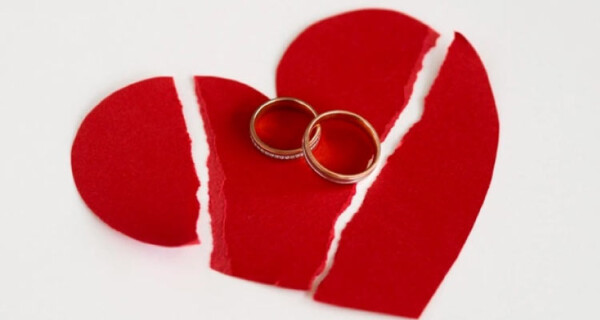

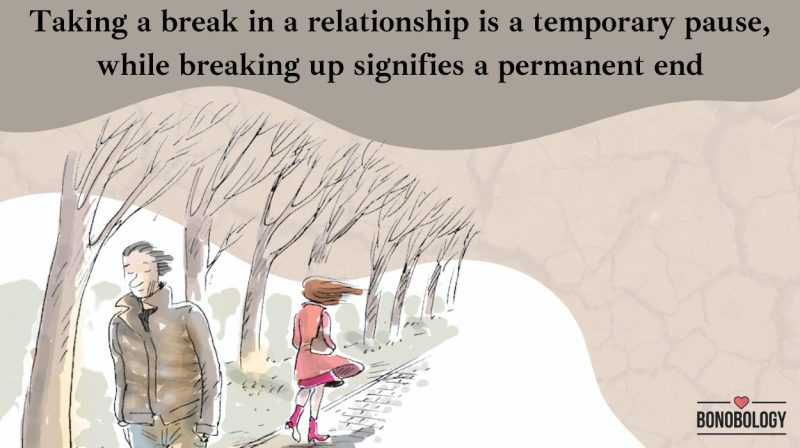
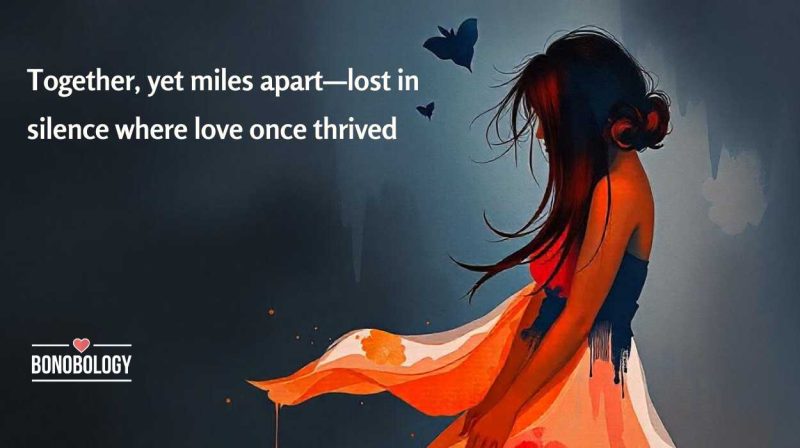

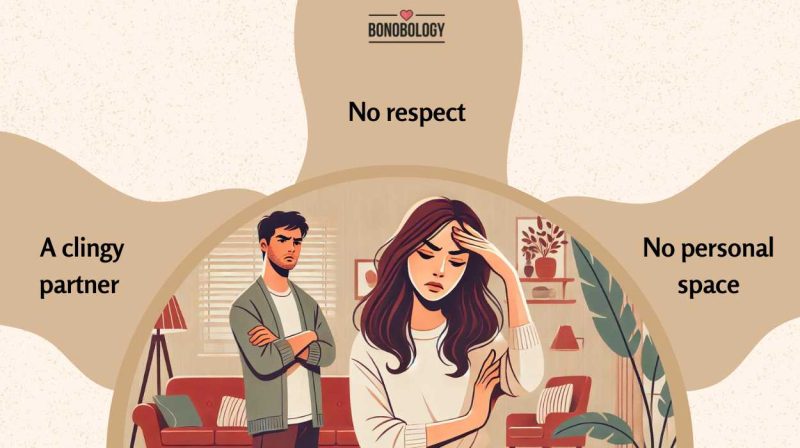
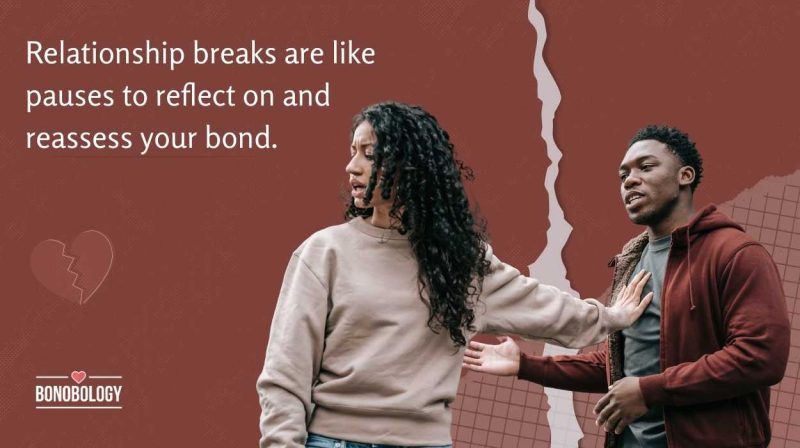
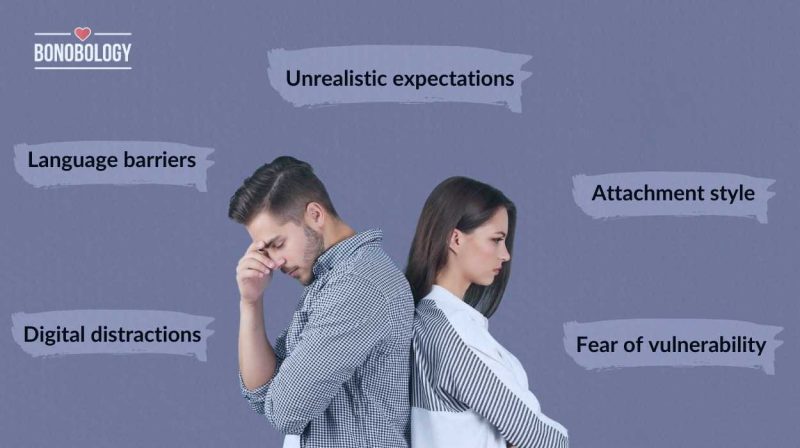

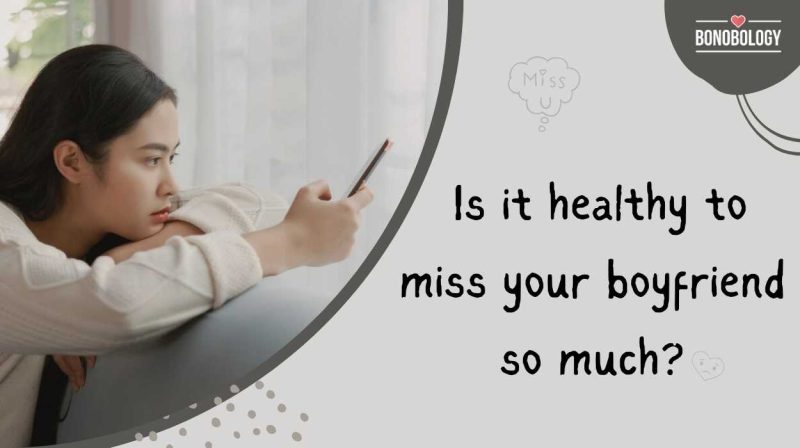
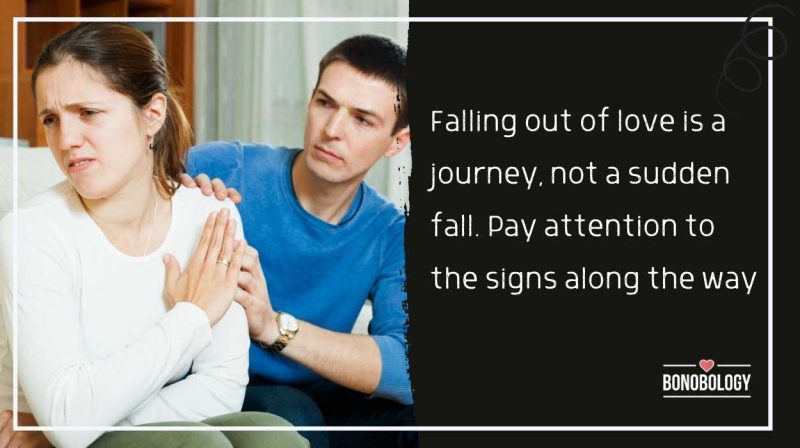
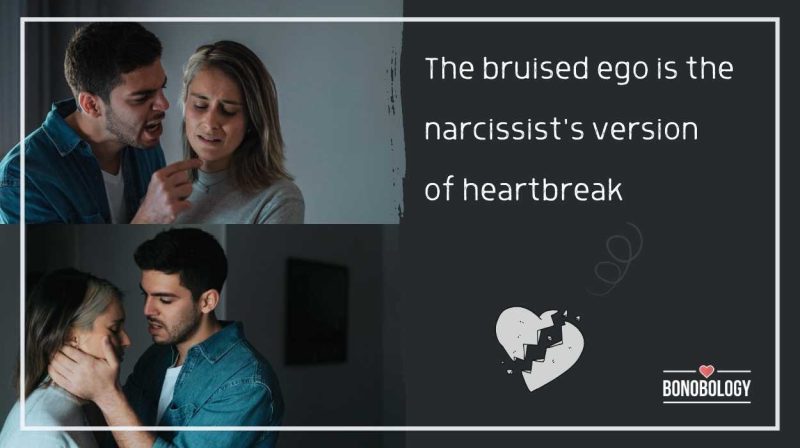
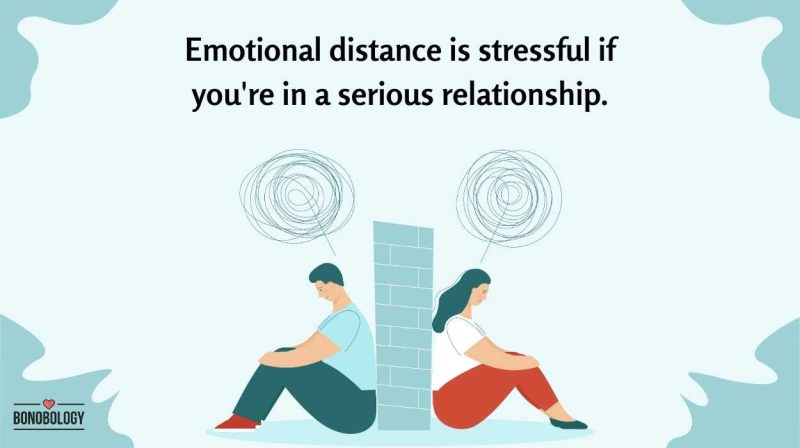
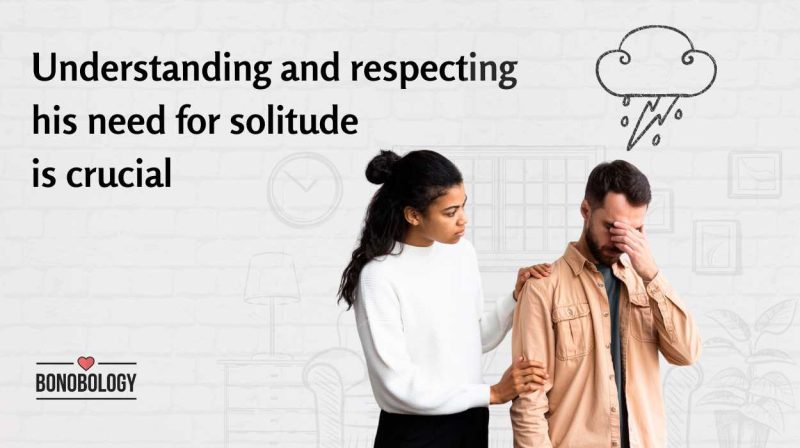
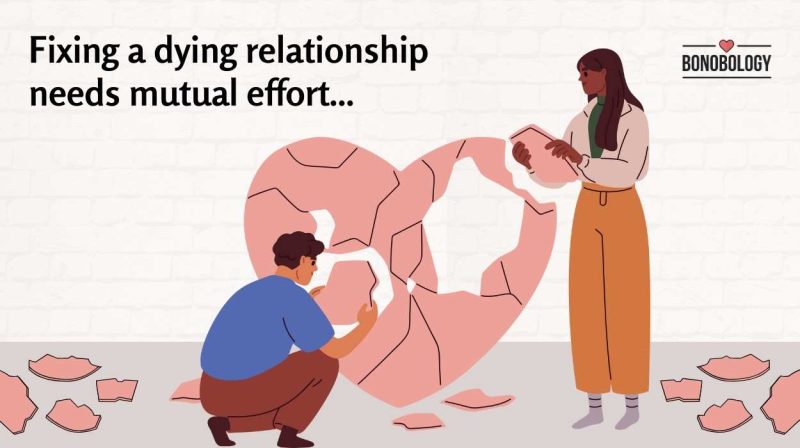
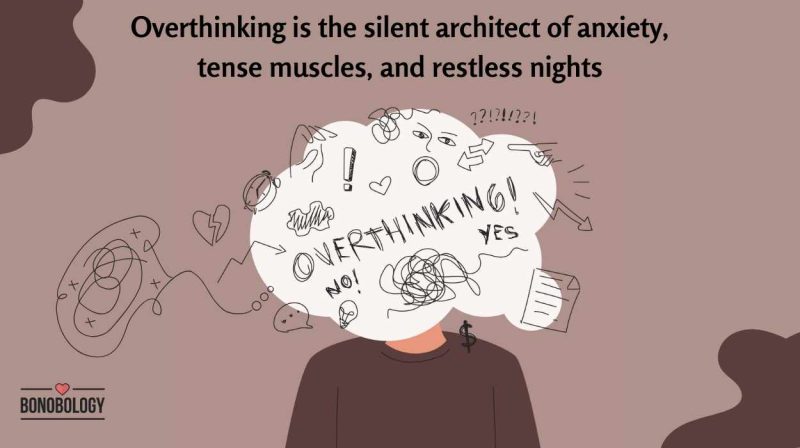
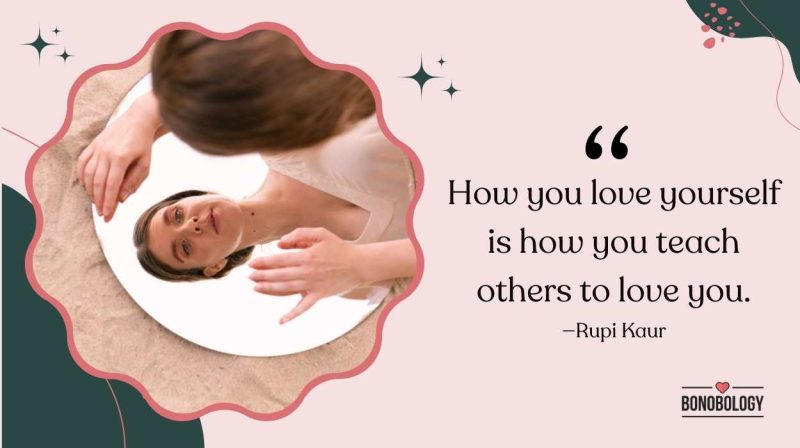
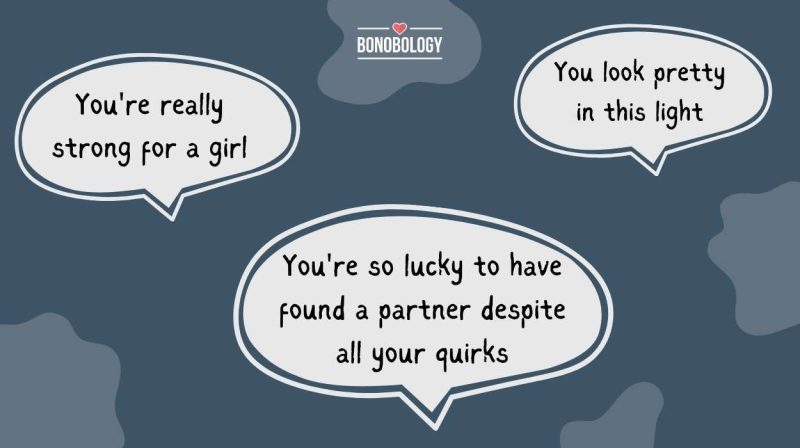
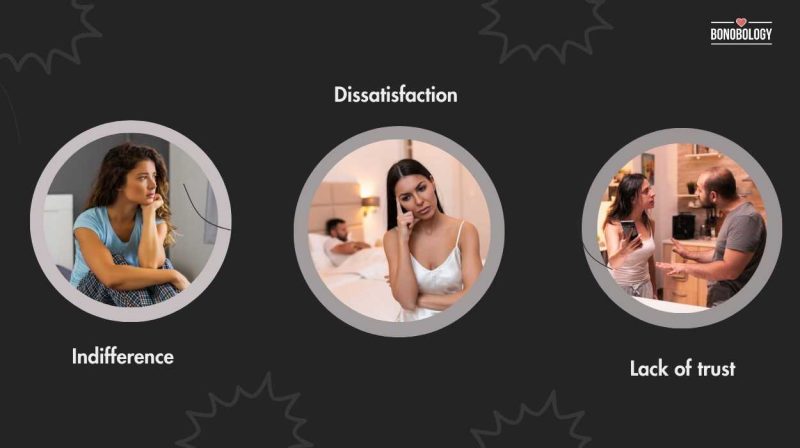
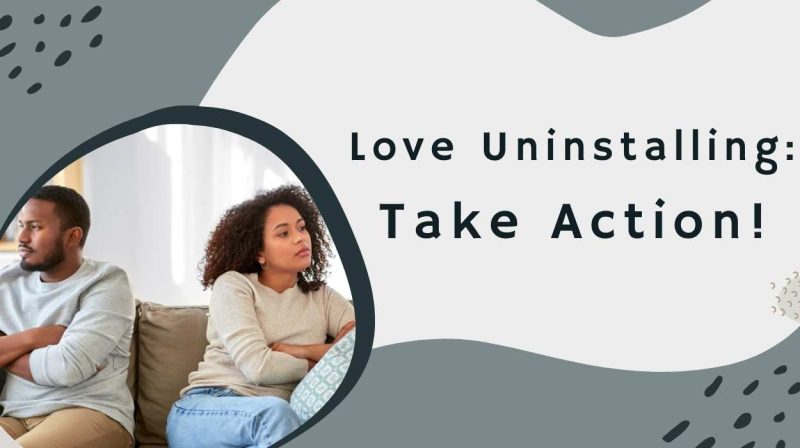

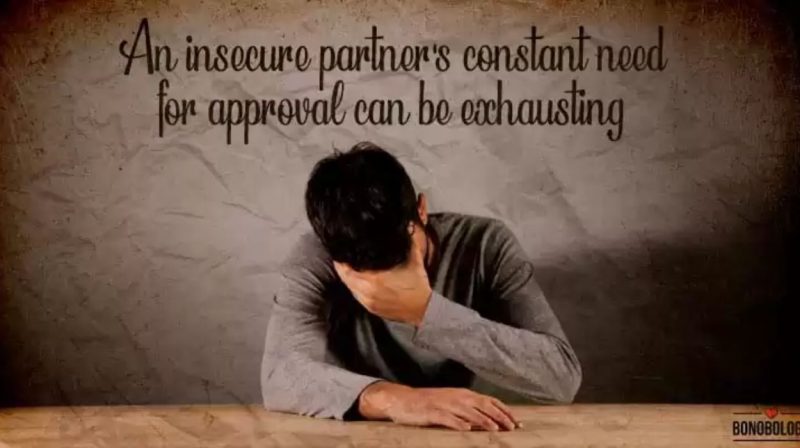
Featured
What Is A Break In A Relationship And How To Navigate It
Emotional Abandonment In Marriage: Signs, Causes, And Ways To Cope
15 Signs That Your Girlfriend Isn’t Sexually Attracted To You
Feeling Suffocated In A Relationship: Reasons, Signs, Ways To Deal
How Long Should A Relationship Break Be? A Therapist Answers
Why Do I Struggle To Communicate With My Partner? An Expert Answers
Will He Come Back After Silent Treatment? 15 Ways To Make Sure He Does
Why Do I Miss My Boyfriend So Much: Reasons And Ways To Deal
21 Clear Signs She Doesn’t Want A Relationship With You
How Narcissists Treat Their Exes — 11 Common Things They Do And How You Can Respond
Emotional Distance: Meaning, Causes, Signs, And Ways To Fix
My Boyfriend Is Grieving And Pushing Me Away: Tips To Cope And Comfort Your Man
What To Do When Your Relationship Is At Breaking Point?
Am I Overthinking Or Is He Losing Interest? 18 Signs To Help You Identify
Discover Your Worth: 13 Ways To Feel Loved And Appreciated
23 Backhanded Compliment Examples in Everyday Life That Are Actually Insults
11 Things That Happen When A Woman Shuts Down Emotionally – And How To Reconnect
15 Signs Of Emotional Detachment In Your Relationship
How To Not Be Jealous In A Relationship – 15 Expert Tips
11 Ways An Insecure Partner Drains A Relationship And 5 Ways To Fix It